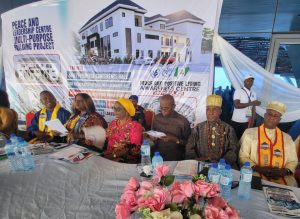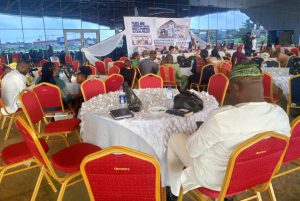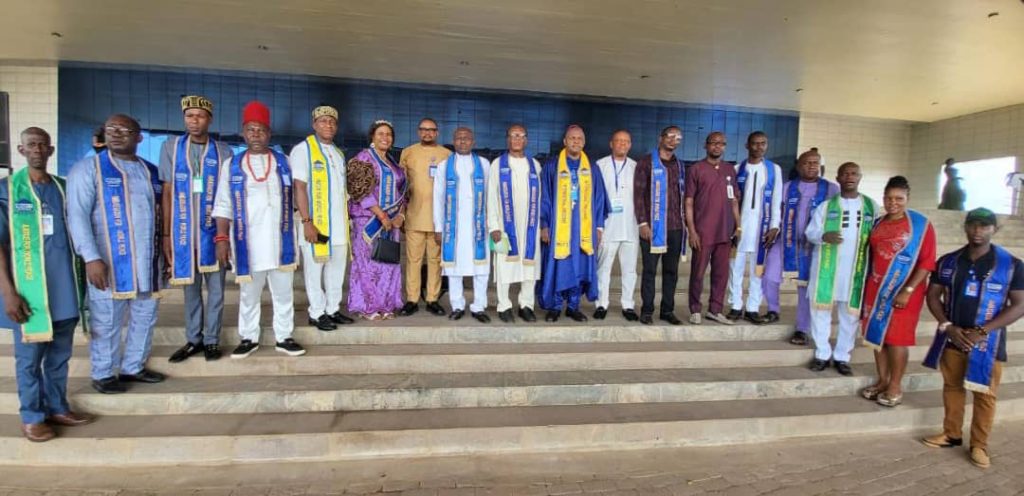One day stakeholders interactive session on Plea Bargaining has ended in Awka.
The session was to ensure effective utilization of “plea bargaining” in Anambra criminal justice delivery system, and reduction of human rights abuses in Police Statement Taking Rooms.
It attracted stakeholders in the justice sector, including staff of the Department of Public Prosecution, DPP, Anambra State Ministry of Justice, and heads of different Police units.

Plea bargaining, which is provided for in the Anambra Criminal Justice Law, as amended, is a situation where a person charged with higher offence plea-bargains for a lesser one. The application for plea bargaining is often considered by a committee in the ministry of justice, and recommendations made to the Attorney General who gives final approval.
Speaking with ABS after the session tagged “Meeting with Justice stakeholders on the roles of various institutions in ensuring the effectiveness of plea bargaining and statement taking room, the Anambra State Attorney General and Commissioner for Justice, Professor Sylvia Ifemeje, announced that the meeting agreed that remand procedures as provided for in the current Anambra Criminal Justice Law are creating a lot of administrative bottlenecks because suspects are not remanded in prison custody expeditiously, leading to congestion in Police detention rooms.

The meeting, according to Professor Ifemeje, therefore resolved to take further steps to ensure that remand cases are expeditiously dispensed with, so that suspects are not made to stay more than 24-hours in Police custody.
Noting that expeditious dispensation of justice is in line with the manifesto of Governor Chukwuma Soludo, the Justice Commissioner explained that plea bargaining is a veritable tool in the hands of justice stakeholders to achieve this objective, adding that the gains include gradual decongestion of Correctional Service Centres.

She added that the justice stakeholders at the meeting pointed out challenges to effective utilization of plea bargaining and how to address them, which includes sensitizing lawyers on its advantages, as well as finding ways to synergize with the Police to achieve the objective.
Professor Ifemeje, who thanked the Rule of Law and Anti Corruption, RoLAC, for its roles in assisting justice delivery system, among other interventions in Anambra, said the state is lucky to be among beneficiaries of such programme.

Contributing the Anambra State Cordinator of the Rule of Law and Anti Corruption, RoLAC, Programme, Mrs Josephine Onah, said measures discussed at the meeting will surely expedite justice delivery system in Anambra State.
She said that RoLAC is committed to improving criminal justice delivery in the state by supporting the enhancement of performances of relevant institutions in order to be able to deliver effective and efficient criminal justice.









Comments are closed for this post.